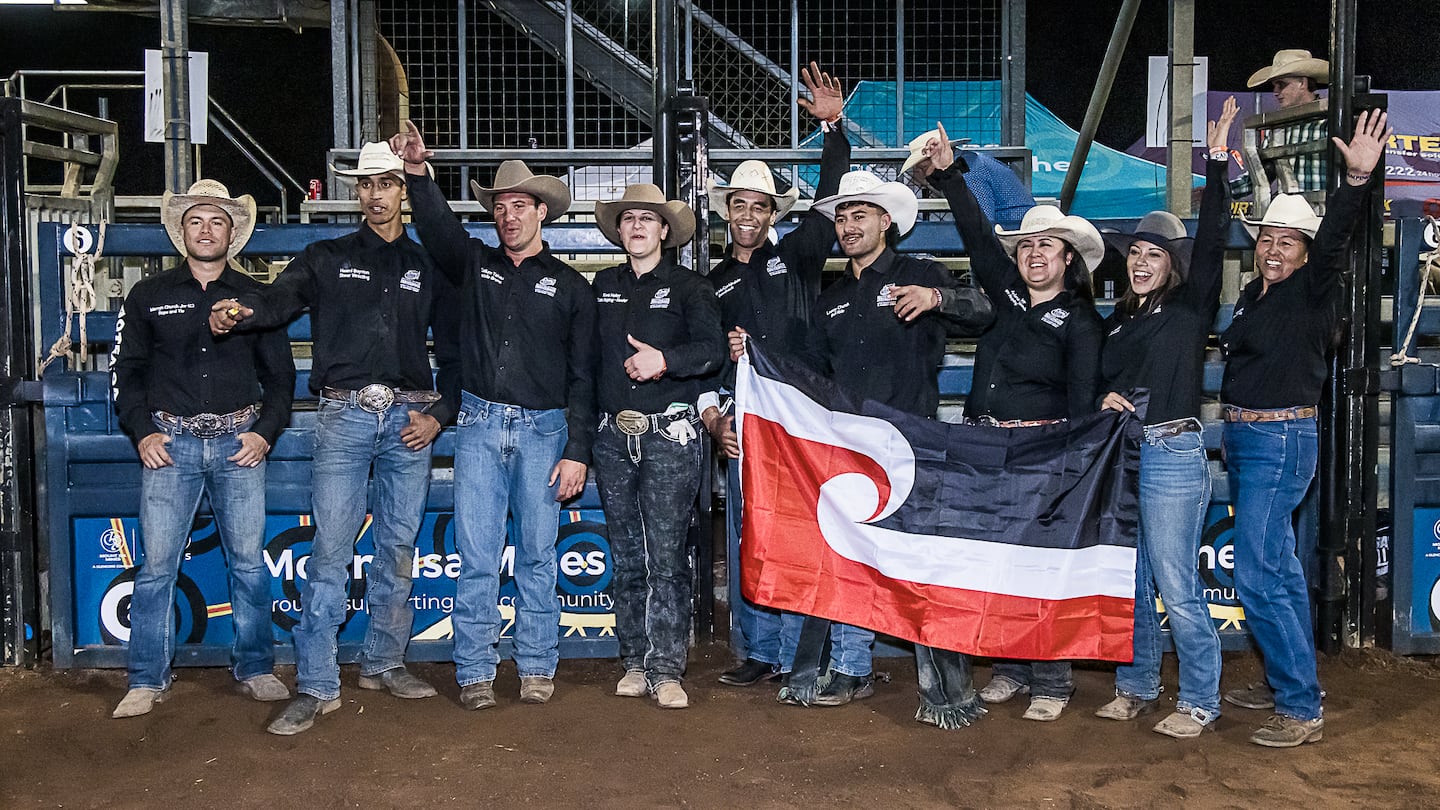This article was first published by RNZ.
Māori rodeo legends are hoping to expand indigenous competitions across the globe.
The invitational Indigenous New Zealand Māori rodeo team celebrated victory in August, at the Southern Hemispheres largest rodeos, the Ah One x Church Family Trans-Tasman Indigenous Rodeo Challenge.
The challenge pays tribute to Australian indigenous cowboy, George Ah One, commonly known as ‘The Carandotta Drover’, who alongside his whānau, walked the Carandotta horses over 200 kilometres to the inaugural Mount Isa Rotary Rodeo in 1959.
The Ah One family maintained this tradition for 20 years, and “the bloodline of these horses, as a result of George’s care, are still viewed as the best rodeo stock in the country,” New Zealand rodeo said.
New Zealand Rodeo: Deep whānau history
While the Ah One name is “legendary” in Australian rodeo, New Zealand’s side of the Challenge Cup carried the famous Church family name who have dominated the sport since 1973.
“Since that year, the record books show that of the 52 NZRCA [New Zealand Rodeo Cowboys Association] All Round Champion Cowboy titles that have been contested, 42 have been awarded to a cowboy with the Church surname,” New Zealand Rodeo said.
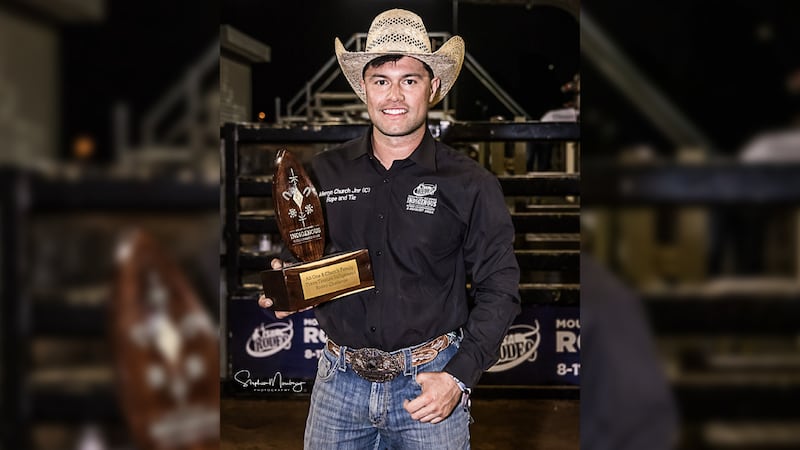
Mervyn Church Junior, mokopuna and namesake of Mervyn Church, led the team to victory, stepping in for his Uncle Rex who was side-lined due to an injury.
Church Jr said rodeo comes naturally to him, given he has been surrounded by the sport his entire life.
“I wouldn’t really remember when I first started full time competing... I just grew up doing it from just a little kid.”
“[The whānau] excelled at it ... and worked really hard at it, so that’s all we would do as kids. And it’s eventuated to now and I still love it.”
Church Jr said his whānau whakapapa connection to the sport adds pride and more excitement to his experience.
“It means a lot to represent where you come from and the people who you come from ... I feel really proud, and then especially to get the win, obviously that’s the icing on the cake.”

Exchange of indigenous cultures
The Trans-Tasman Indigenous Rodeo Challenge was not only a display of great skill, but immense cultural pride too, with first nations people from both countries exchanging parts of their culture, Church Jr said.
“Just meeting them [indigenous Australians, Aboriginals], we had respect instantly for each other and it was like we were family.”
New Zealand Rodeo Haka
The team exchanged patu during the opening ceremony, before performing their own Cowboy haka, Kotahi Tātau (We are one).
Church Jr said it was an honour to lead a haka “made specifically for cowboys.”
Kevy Ward, champion cowboy and moko and whakairo artist, composed Kotahi Tātau and incorporated rodeo elements into the actions, New Zealand Rodeo said.
“Speaking to Kevy on the Cowboy Haka, one key message he reiterated time and time again, was this haka is not just for a select few, it is for all of us, for all Kiwis, for all rodeo whānau. It doesn’t matter the colour of your skin or where in the motu you live, this haka binds us together as it should be.”
New Zealand Rodeo said plans for a cowboy karakia (prayer) and a rodeo waiata (song) were also on the horizon.
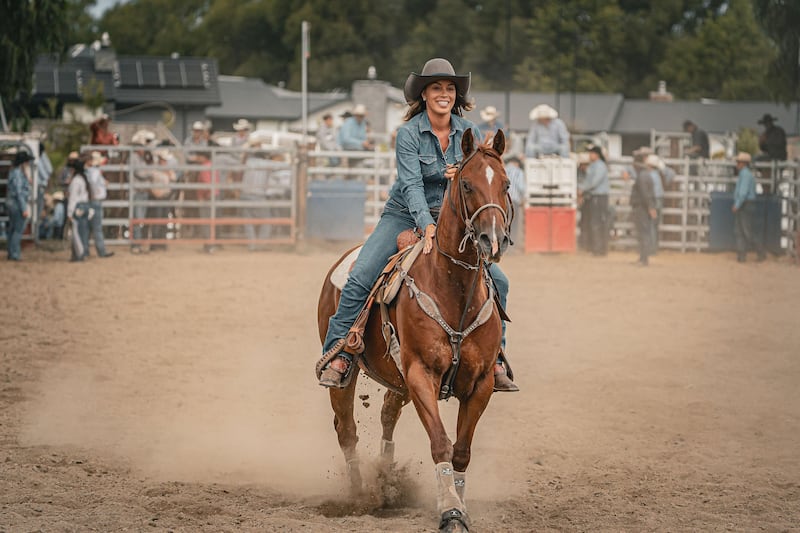
Jayde Asher, New Zealand Rodeo Cowboys Association secretary and member of the winning team said the sense of whanaungatanga (community) within the sport had also helped strengthen indigenous connections on a global scale.
“It was massive... I’ve never experienced Indigenous Australia, so to see it, is quite special.”
It was exciting to see the progression of indigenous cultures in their own countries as well, Asher said.
“Māori have a lot of roots, and so do Aboriginal Australians, and going back to that community spirit is sort of where rodeo fits in there.”
She said it was a proud moment representing her whakapapa on the world stage, and that the sports “massive whānau atmosphere” had helped foster a deeper connection between nations.
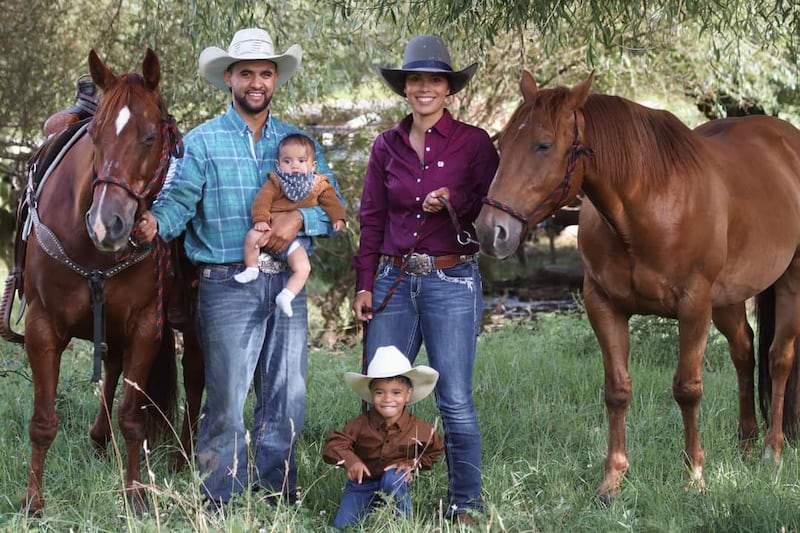
“[Rodeo] includes the entire family. You can be competing with or against your kids and your grandparents... It’s just a bunch of awesome people with their beautiful horses and a lot of passion.”
Despite beginning her rodeo career a lot later than other riders, Asher said she had ties to the sport through her relationship with a church.
“They [church whānau] took me to my first rodeo when I was about 16 and we’ve never stopped.”
Room to grow
Asher and Church Jr said there was a potential for the competition to become an annual event, with talks to include other Indigenous nations, such as Native Americans.
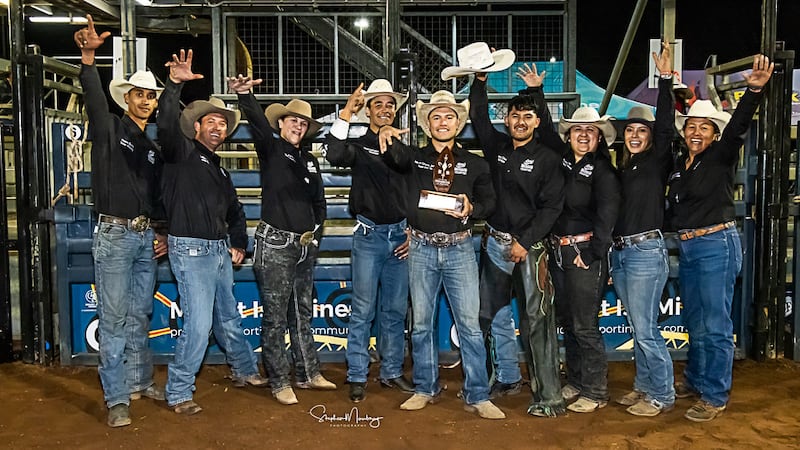
“It would really be awesome to remain a part of it and bring all those indigenous cultures together,” Asher said.
“A lot of indigenous cultures, I suppose stem back to animal husbandry and community environments, and that’s what rodeo brings to the table.”
By Layla Bailey-McDowell of RNZ

